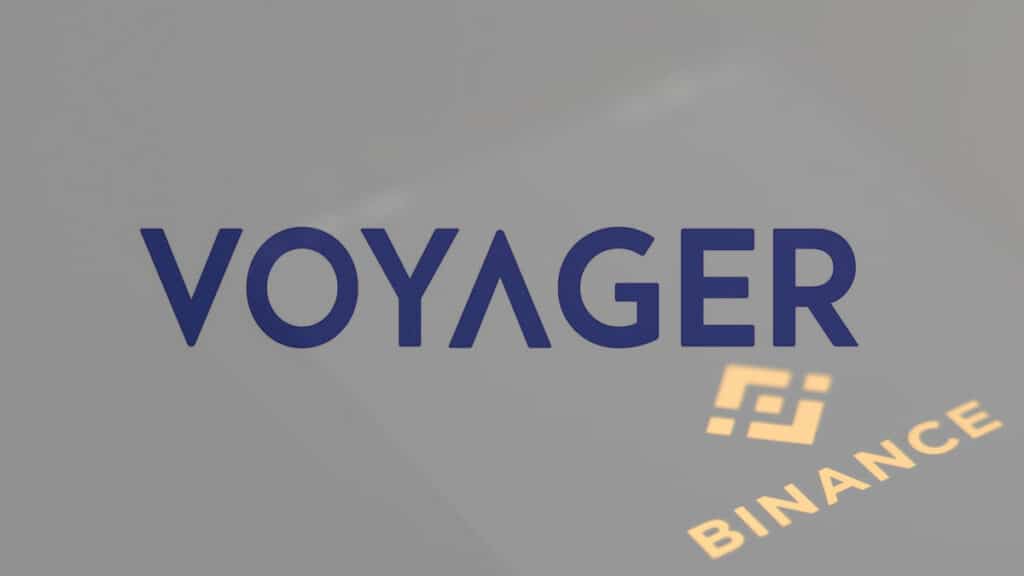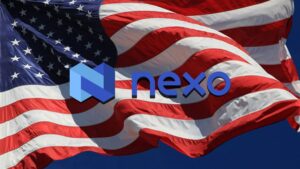In the midst of the ongoing national security probe, Voyager and Binance have received an initial nod for a deal. Although the bankruptcy judge has given his initial approval, creditors will need to approve the deal in order to finalize the deal.
Initial Approve or More Open Regulation?
A report by Reuters said that bankrupt crypto lender Voyager Digital has received primary court approval for a proposed $1 billion sale of its assets to Binance.US, according to the report. It has also announced it will seek to expedite the national security review of the deal by the U.S. government.
Judge Michael Wiles of the United States Bankruptcy Court for the Northern District of New York has granted Voyager permission to enter into an asset purchase agreement with Binance.US and to seek the approval of its creditors on the sale. However, the sale won’t become final until a future court hearing takes place.
on Tuesday, Voyager’s attorney Joshua Sussberg told the court that Voyager was responding to concerns raised by the United States government over the holidays. It is an interagency body that conducts an evaluation of foreign investment into U.S. companies in order to determine whether the venture poses national security risks.
CFIUS is an organization, whose purpose is to oversee the flow of foreign investment into the United States. During the presentation, he made clear that Voyager intends to address any issues that could lead CFIUS to oppose the transaction in the future.

As stated in a court filing on Dec. 30, CFIUS has indicated the outcome of its review could affect the ability of the parties to complete the transaction, as well as the timing and terms of the transaction.
It has been revealed that Binance.US will be transferring Voyager’s customers to its exchange in exchange for a $20 million cash payment, according to Sussberg. It will then be possible for customers to withdraw funds for the first time since July when they are able to make withdrawals.
The U.S. Securities Exchange Commission and state securities regulators have also expressed strong opposition to Voyager’s proposal in addition to CFIUS and the U.S. Securities and Exchange Commission. In spite of those objections, Glenn agreed to allow Voyager to proceed with the sale, stating that the securities regulators will have the option to object to the final approval of the sale in the future.
There have been several major crypto crashes in recent years, including the crash of TerraUSD in April, the crash of Luna in May, and the crash of Polar in July.
It seems that the initial approval of crypto companies by US regulators indicates a more open approach to legal regulation. Some people may criticize Binance and claim that it has too many advantages when it comes to the crypto industry.










